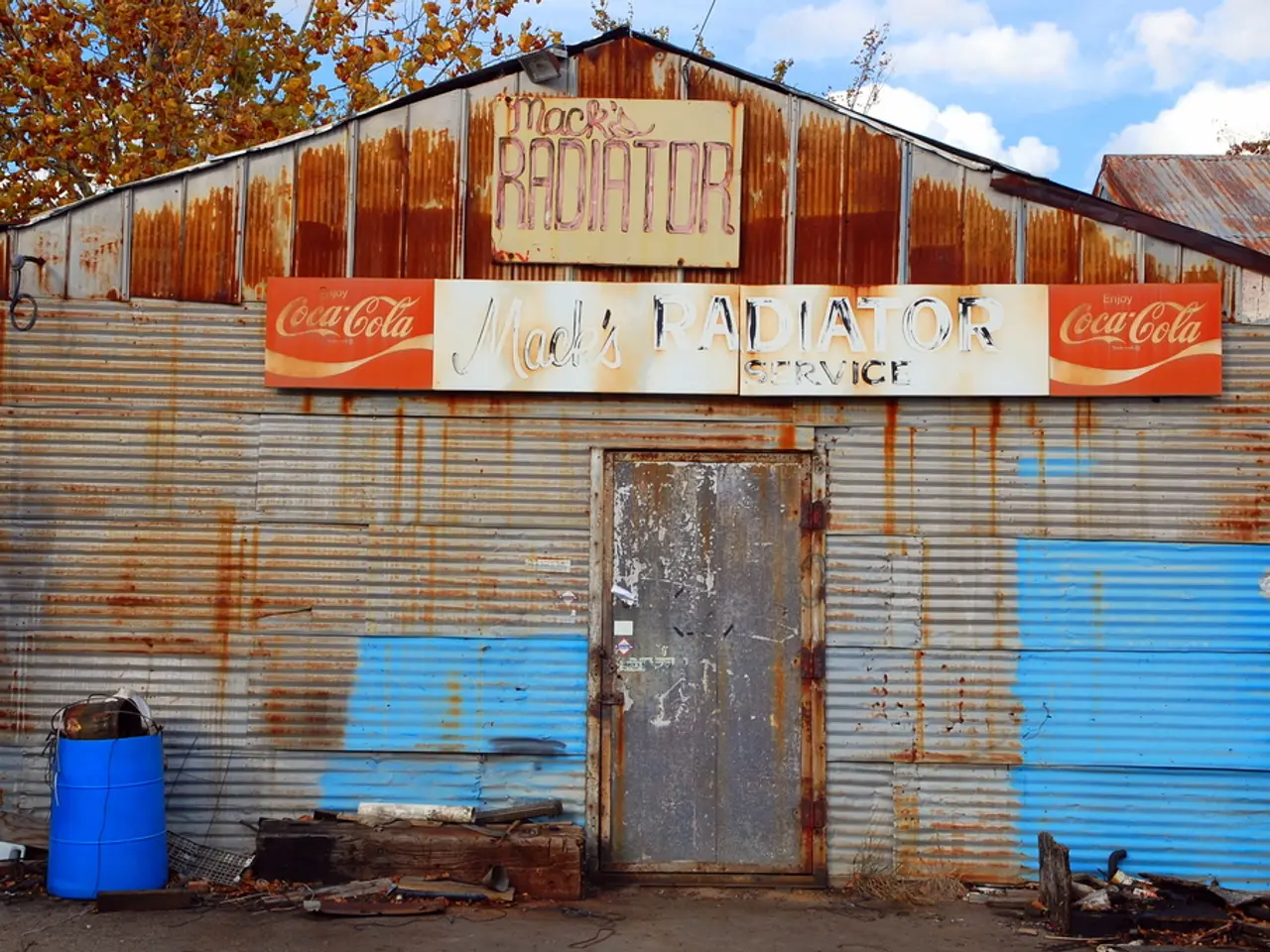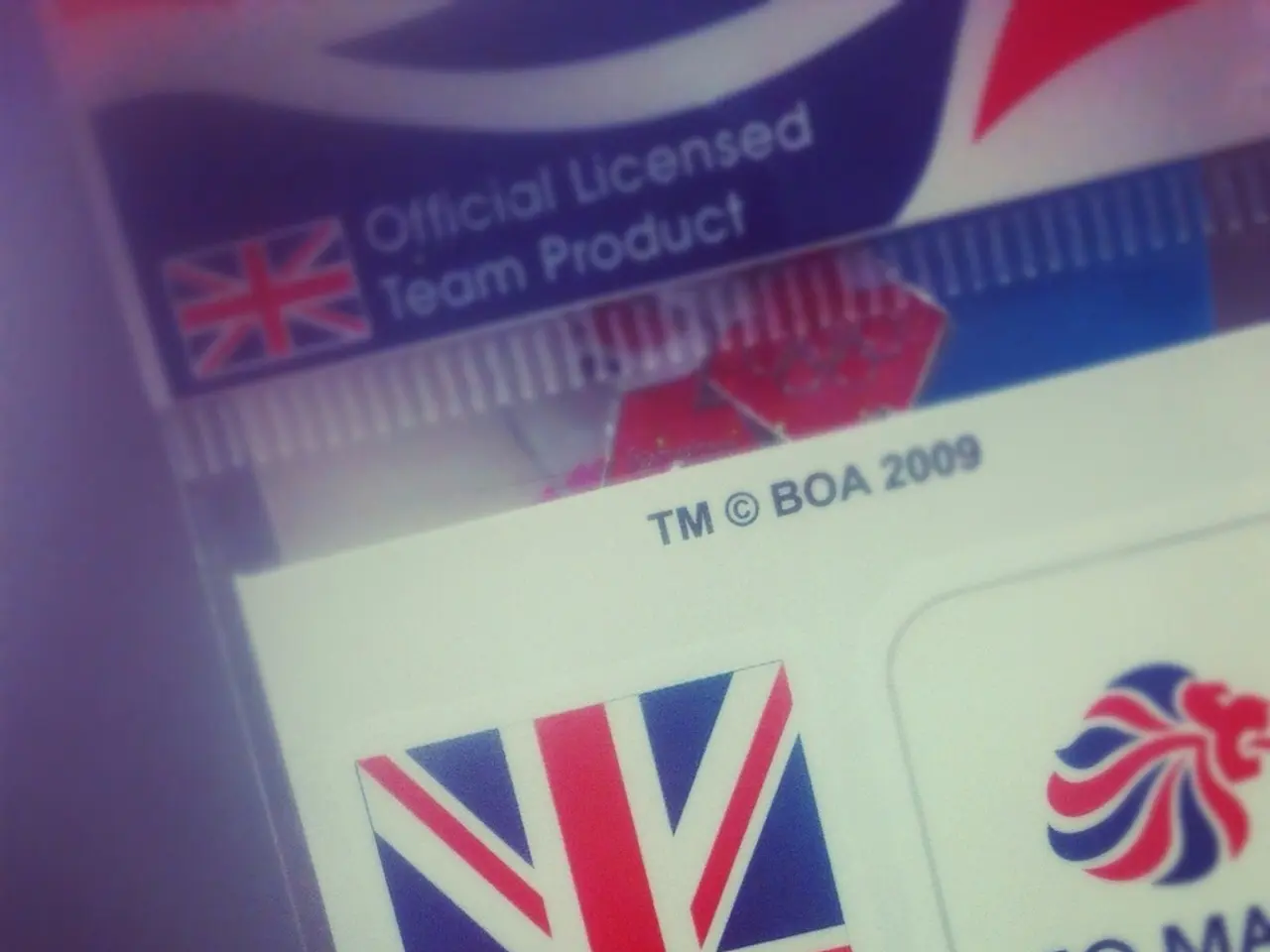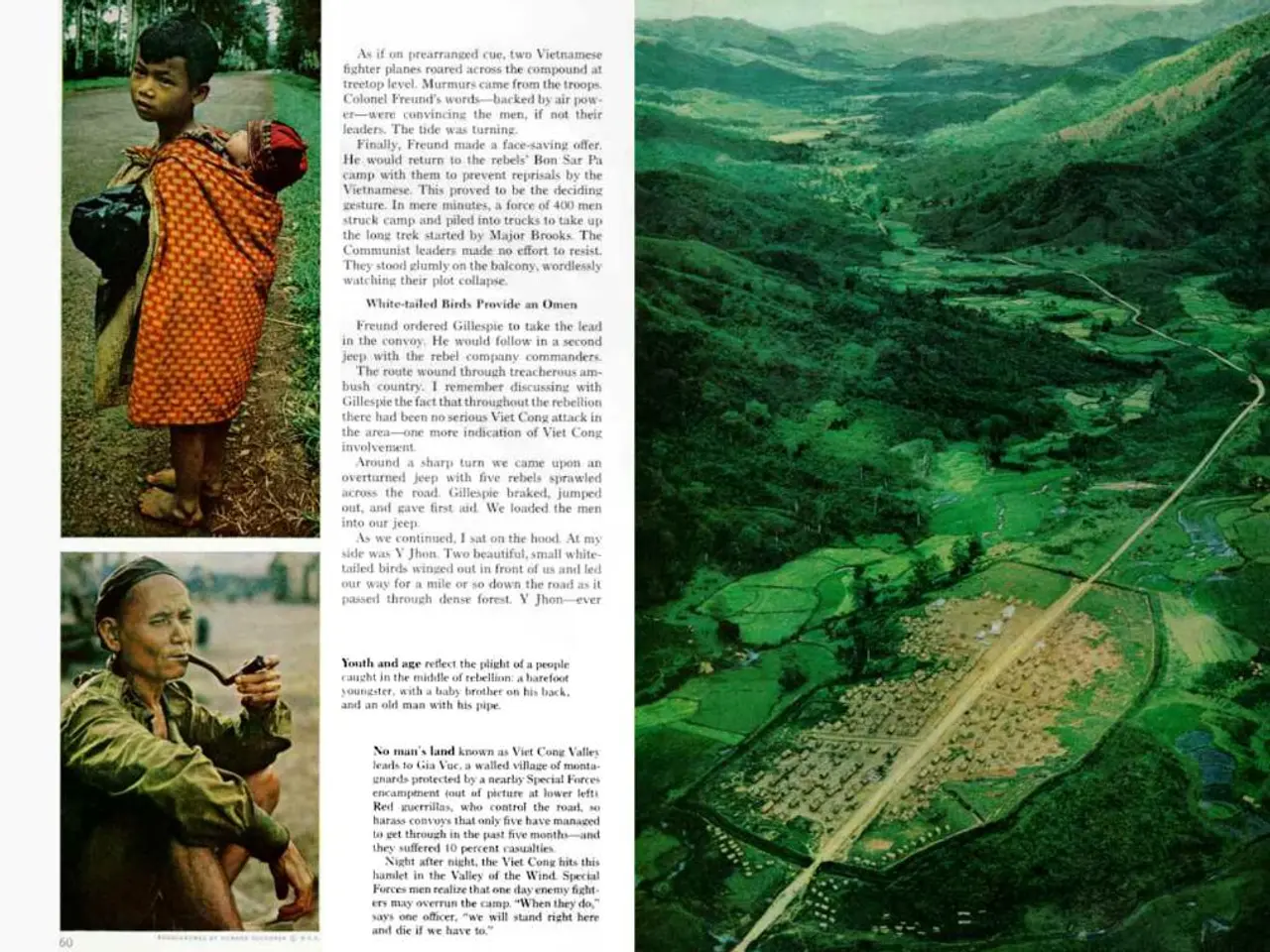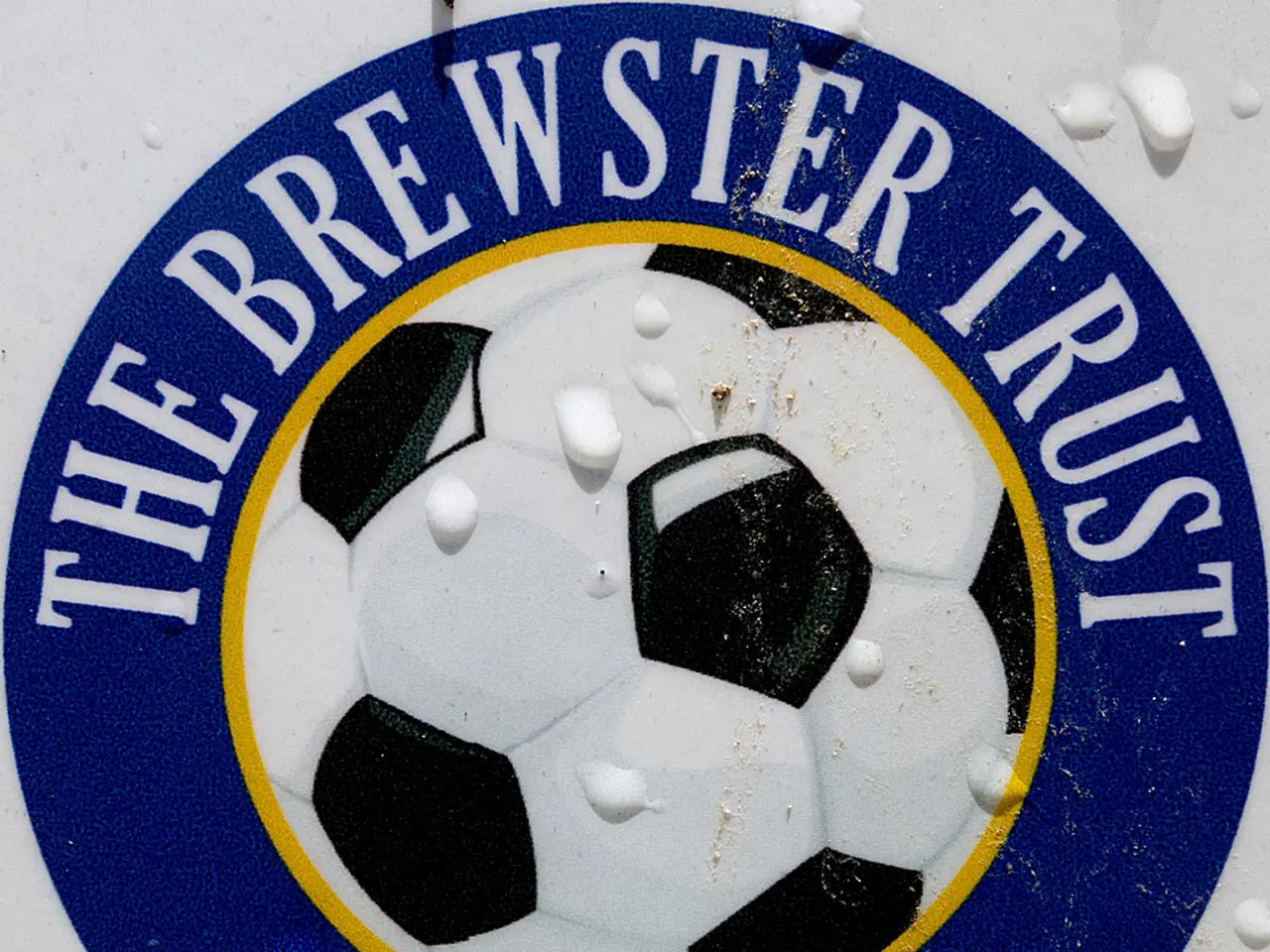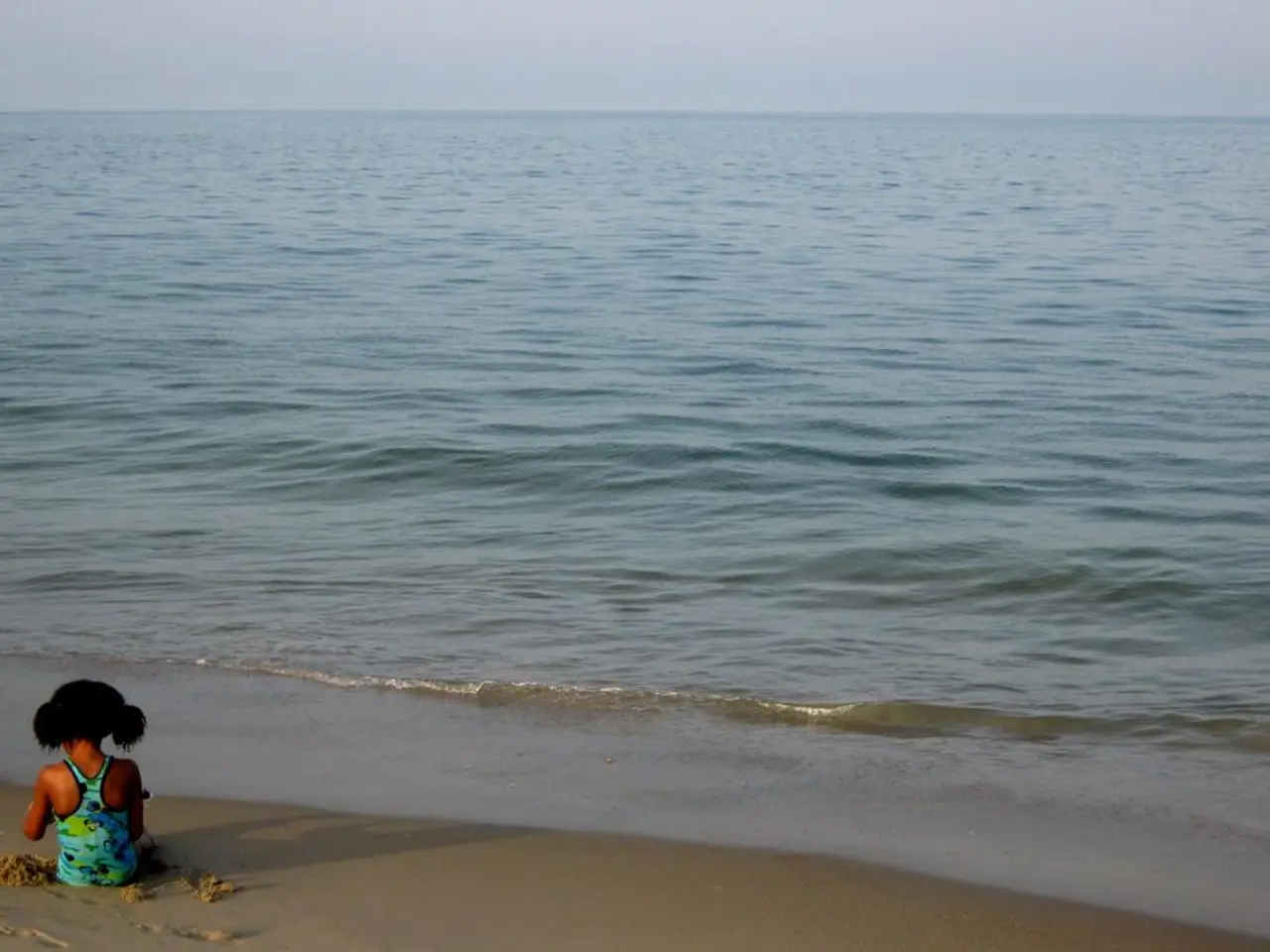Assessing the Use of Plastics in Aotearoa New Zealand - Insights from a Study
In a bid to combat plastic pollution and address knowledge gaps surrounding microplastics and their potential health threats, the government of New Zealand has unveiled a three-stage plan to phase out hard-to-recycle plastics. This initiative, dubbed "Rethinking Plastics in Aotearoa New Zealand," aims to reduce plastic waste and promote a more sustainable future.
The plan, announced in June 2021, outlines a series of measures aimed at reducing plastic pollution. These include promoting product stewardship programs, where businesses take responsibility for their products' entire lifecycle, and designing products to be longer-lasting, repairable, and easier to dismantle for recycling or refurbishment.
The government's phase-out plan includes banning PVC meat trays, polystyrene takeaway packaging, expanded polystyrene grocery packaging, degradable plastic products, plastic drink stirrers, and plastic stemmed cotton-buds on October 1, 2022. More plastics will be outlawed by mid-2023 and mid-2025, including single-use plastic produce bags, plastic tableware, plastic straws, non-compostable produce labels, all other PVC and polystyrene food and beverage packaging.
The report also emphasizes a shift away from just recycling towards reducing and reusing plastics first, as recycling should be a last resort in the waste hierarchy. The government supports regulated product stewardship schemes, such as New Zealand’s Tyrewise initiative, which are part of a broader national plan to tackle problematic plastics through changes in plastic types and uses.
Research has confirmed that microplastics are in the air in New Zealand, and further research is required to understand if they might be a health risk to people when breathed in. Local company ecostore offers resources and information about issues around recycling plastic bottles, while organizations like Our Seas Our Future run Plastic Free New Zealand with groups around the country, offering citizen science opportunities such as Litter Intelligence and Litterati.
Engagement with local community groups, as suggested by world-renowned conservationist Dame Jane Goodall, could be a starting point for schools looking to take action. Teacher Dianne Christenson incorporated an online citizen science project as part of a year 2-4 unit on sustainability.
The Para Kore programme works with marae to increase the reuse, recycling, and composting of materials, helping to reduce the extraction of natural resources and raw materials from Papatūānuku. The government estimates that this planned phase-out of some forms of problematic plastics will remove more than 2 billion single-use plastic items from landfills or the environment each year.
The government is presently working with stakeholders and business groups to formulate a plan for the phase-out of expanded polystyrene, single-use cups, and wet wipes. The "Rethinking Plastics in Aotearoa New Zealand" report recommends several key strategies to reduce plastic pollution in New Zealand, including promoting circular economy principles like reuse and repair.
[1] Rethinking Plastics in Aotearoa New Zealand - Key Messages, a short report that captures key messages from the full report Rethinking Plastics in Aotearoa New Zealand.
- This three-stage plan, titled "Rethinking Plastics in Aotearoa New Zealand," not only aims to phase out hard-to-recycle plastics but also promotes the policies and legislation needed for a circular economy, focusing on reuse, repair, and recycling.
- The government's initiative to combat plastic pollution extends beyond the phase-out of certain plastics, as it supports research on microplastics in the environment and encourages citizens to participate in environmental science projects, such as Litter Intelligence and Litterati.
- In addition to the planned phase-out of various plastics, the government is collaborating with stakeholders and business groups to devise strategies for the phase-out of expanded polystyrene, single-use cups, and wet wipes, in line with the recommendations from the "Rethinking Plastics in Aotearoa New Zealand" report that emphasizes the importance of a sustainable environmental-science policy and politics.
